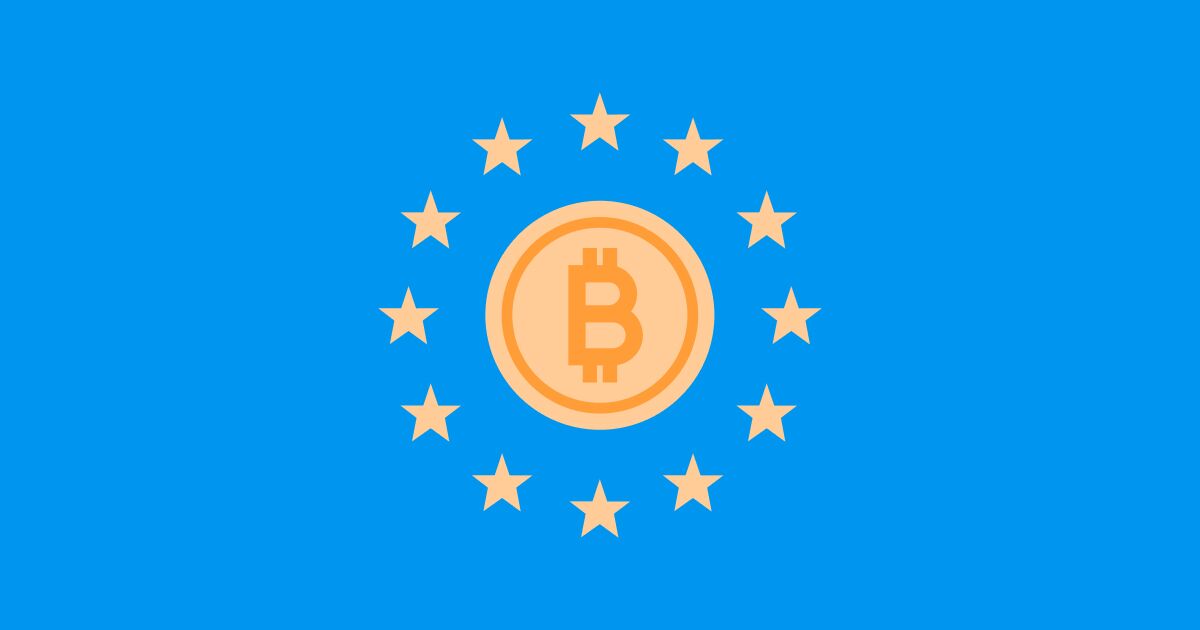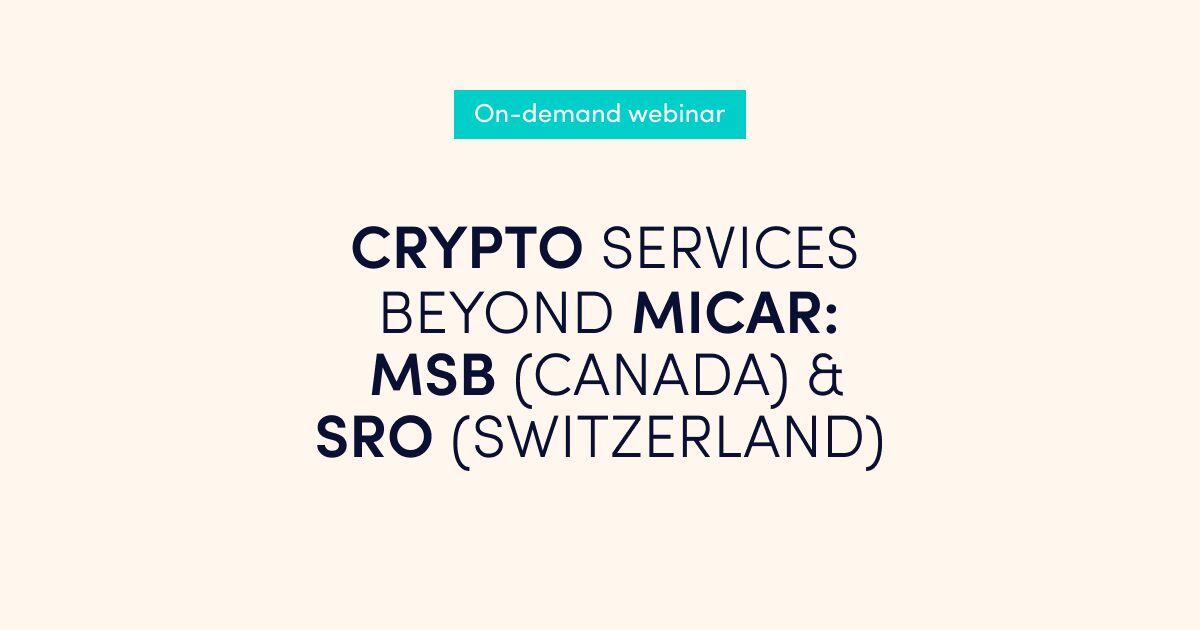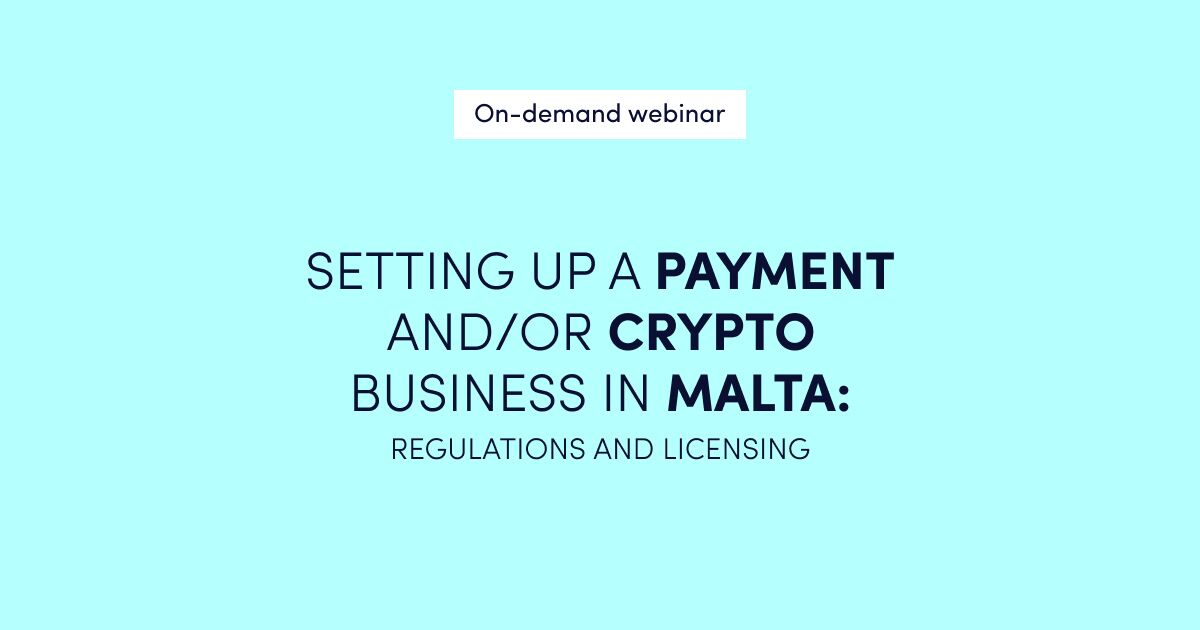In this article we share information about how to obtain an Electronic money institution (e-money, EMI) and a Payment Institution (PI) license in Lithuania.
If you want to start your fintech business and operate in the EEA zone and open an E-money or Payment Institution, you need to obtain a license, which permits you to provide your services. One of the regulators, who offers beneficial conditions for fintech companies is the Lithuanian regulator – the Bank of Lithuania.
Reasons to build your fintech business in Lithuania:
- Time to obtain an Electronic money institution or a Payment Institution license in Lithuania usually is 6 months
- Low costs for company maintenance
- An attractive jurisdiction for operations in the European region in case of the hard Brexit
- Opening a segregated account in the Bank of Lithuania for SEPA payment IBANs
Important information: Lithuania offers 2 main institution types – EMI and PI, nonetheless, after reviewing the application and all documents, the regulator can suggest you the EMI license.
List of e-money and payment services:
- Issuance of electronic money, which is stored electronically (incl. magnetically), is issued to make transactions and is received by persons other than electronic money issuers. These services can be provided only by e-money institutions.
- services enabling cash to be placed on a payment account as well as all the operations required for operating a payment account;
- services enabling cash withdrawals from a payment account as well as all the operations required for operating a payment account;
- execution of payment transactions, including transfers of funds on a payment account with the payment service provider of the payment service user or with another payment service provider: execution of direct debits, including one-off direct debits, execution of payment transactions through a payment card or a similar device and/or execution of credit transfers, including standing orders;
- execution of payment transactions where the funds are covered by a credit line for a payment service user: execution of direct debits, including one-off direct debits, execution of payment transactions through a payment card or a similar device and/or execution of credit transfers, including standing orders;
- issuing and/or acquiring of payment instruments;
- money transfers;
- execution of payment transactions where the consent of the payer to execute a payment transaction is given by means of any telecommunications terminal equipment, digital or IT device and the payment is made to the telecommunications network or IT system operator, acting only as an intermediary between the supplier of the goods or services and the payment service user.
The full process of authorisation:
- Pre-application meeting. The representatives of firms are required to participate in pre-application meetings with representatives of the Bank of Lithuania. The initial meeting aim is to answer questions that might have arisen in the pre-application stage and find out what financial services the applicant is planning to provide.
- Submission of an application for an EMI license to the Supervision Service of the Bank of Lithuania. During 5 business days the Supervision Service reviews whether all necessary documents have been submitted and, where no formal deficiencies are identified, accepts the application for consideration.
- Assessment of an application for a license of an EMI and documents. The Board of the Bank of Lithuania analyses information and documents submitted and decides on the issuance of a license or refusal to issue it.
- Issuance of a license or refusal to issue a license
Terms for obtaining an e-money or payment license in Lithuania:
Formally, the issuing term for an Authorised Electronic money institution or a Payment Institution license in Lithuania is 3 months, for Small EMI and PI – 2 months. Where not all documents have been submitted or have been submitted with deficiencies, the term is extended for 3 months for EMI and PI, and 2 months for Small EMI and Small PI – 5-6 months could be expected.
Application fees:
- EMI license fee – EUR 1,463
- Small EMI license fee EUR 1,235
- PI license fee – EUR 898 (for payment institutions providing only account information services, the licence fee is EUR 693)
- Small PI license fee EUR 682
Requirements:
To obtain an Electronic money institution or a Payment Institution license in Lithuania you need to meet the following requirements:
Founders
The founder(s) of an e-money or payment institution must undergo investor screening procedure with the CCSSO; it is a separate procedure from licensing.
Personnel Management structure
The company must have at least the Board, consisting of a minimum of 3 members and the CEO.
Other key personnel for licensing
When applying for license, the company must provide information on key personnel: anti-money laundering officer and information security officer and prove that the relevant persons have the necessary qualifications and experience.
Initial capital requirements
The initial capital requirement for EMI of EUR 350 000 applies. Nonetheless, the Bank of Lithuania requires a capital buffer, which size depends on the business plan calculations.
Small EMI is not subject to the minimum initial capital requirement.
Initial capital requirement for Payment Institution is:
- no less than EUR 20,000 where the payment institution intends to provide only money transfer services;
- no less than EUR 50,000 where the payment institution intends to execute only payment initiation services;
- no less than EUR 125,000 where the payment institution intends to provide all other services.
Partnership agreements
Prior to submitting all documents for a license, you need to have a clear vision of your technical solution and to have all draft outsourcing agreements, as well as agreements with parties involved in the process of provision of payment services.
Advapay is a technology company providing the Digital Core Banking platform to empower fintech clients or digital banks to start their businesses and accelerate digital transformation. The platform delivers all essential functionalities, a front-to-back system and a set of tools to customise and bring new integrations. With Advapay, potential and existing customers can connect either to the cloud-based SaaS or on-premise software. Besides the technical infrastructure, the company provides business advisory and fintech licensing services. Interested to learn more, please drop us a message.








